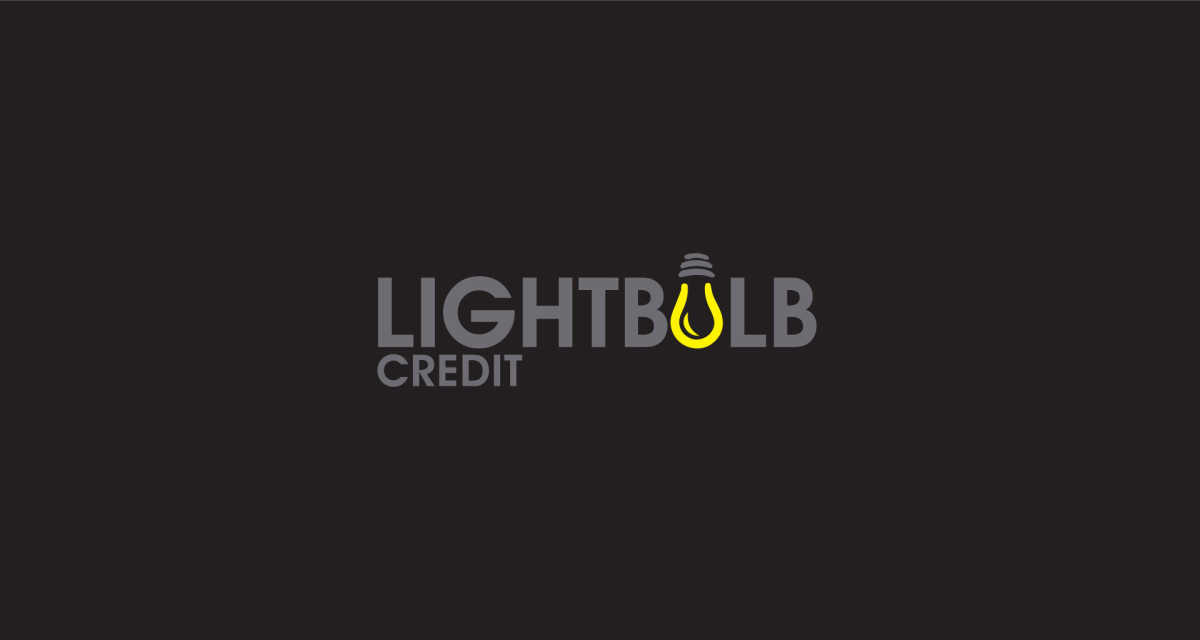There’s a lot you need to know about tax when you’re self-employed, particularly with the ever-changing tax rates being applied by HMRC. Not to mention the different taxation if you’re a limited company or sole trader.
This blog covers some of the most common tax terms you need to know if you are self-employed.
Limited company or sole trader
There are two types of businesses you can register as when you’re self-employed: a limited company or a sole trader.
Limited companies can be more tax-efficient than sole traders. But, it does come with some additional responsibilities for the Director, such as filing annual accounts and an annual Corporation Tax return.
A Director and shareholder of a limited company will typically pay themselves a salary at a set level and then pay dividends from the remaining profit after Corporation tax has been applied. The benefit of this is that the salary can be set at the National Insurance (NI) threshold meaning less or no NI is applied to the salary.
With the sole trader option, there is less filing to do, with any taxable profits being reported on the annual Self Assessment, with Income Tax and NI applied.
Dividends
Dividends are the remaining profit in the company after any expenses and taxes are deducted and shared amongst stakeholders. They form part of an individual’s taxable earnings for that tax year (from 6 April to 5 April).
The Income Tax rates that are applied to dividend income are:
Personal allowance rate nil
Basic rate band 8.75%
Higher rate band 33.75%
Additional rate 39.35%
It’s also important to consider that every individual has a dividend tax-free allowance of £2,000 which is in addition to the personal allowance. There is no National Insurance paid on dividend income.
Corporation Tax
Limited company profits have Corporation Tax applied which is currently at a rate of 19%. This is applied to the profits after allowable expenses have been deducted.
From April 2023 there will be some changes to the Corporation Tax rates. Profits up to £50,000 will be taxed at 19% and companies with profits of £250,000 or more, will be taxed at 25%. There will also be a marginal rate applied to profits between £50k and £250k which works out at 26.5%.
Any limited company must file a Corporation Tax return each year with the taxes due being paid nine months and one day after the final day of the period.
PAYE
If you have any employees, you must file Real Time Information (RTI) submissions to HMRC. This is to report the monthly payroll figures and taxes due for payroll, deducted from both the employee and employer.
The filings should be made each month even for periods where there are no paid employees and should be filed by the fifth of the month preceding the monthly period. Any taxes due should be paid either monthly or quarterly on or before the 22nd of the following month.
Self Assessment
Anyone receiving untaxed income such as dividends, sole trader profit or capital gains are required to file a Self Assessment each tax year. The Self Assessment and any taxes due should be filed and paid by January 31 the following year after a tax year has ended.
The tax year runs from April 6 to April 5 the following year, so for the 2022/23 tax year, the Self Assessment should be filed, with any liability paid, by January 31, 2024.
VAT
When an incorporated, sole trader or partnership business’ taxable turnover exceeds £90,000 within any 12-month period, the business is required to register for VAT. This means all taxable goods or services must have 20% VAT charged on top of the original price.
It’s worth noting that ‘taxable’ does not include exempt supplies, however, it does include zero-rated supplies. Also, a business can voluntarily register for VAT, which can be done even if the turnover is below £90,000.
There are different VAT schemes available such as the standard rate and the flat rate scheme. The scheme that your business chooses can depend on the trading activity and the volume of expenses your business incurs. An accountant can assess your situation and advise you on the pros and cons of each scheme.
All VAT-registered businesses also have to sign up to Making Tax Digital (MTD) and use compatible software to keep their VAT records and file returns. The aim of MTD is to help businesses reduce errors when it comes to submitting returns while making it easier for them to manage their tax digitally.
National Insurance
National Insurance (NI) is payable by an individual that is 16 or over and either earns more than £242 per week as an employee or if you are self-employed and have profits over £6,725.
The rate of NI depends on the source of income and from 6th November the rates decreased slightly. For self-employed, the rates are as follows:
Class 2 NIC = £3.15 per week
Class 4 NIC = 9% - payable on profits of £6,725 up to £50,270
Class 4 NIC = 2% - payable on profits over £50,270
For employees, the rates are:
Class 1 NIC = 12% on amounts above £12,570 to £50,270
Class 1 NIC = 2% on amounts over £50,270
An employer will also incur NI when their employee’s salary exceeds £9,100. The employer NI rate is 13.8% on all amounts above this rate and the allowance is split out over the year.
If a company’s employees meet specific criteria, the company may be eligible for the employment allowance, which covers the employer's NI costs up to £5,000.
P11D – benefit in kind
Some employers are required to complete a P11D for all employees who receive a benefit that is paid by the employer. For example, if you have a company car that is paid for by your employer or receive health insurance, gym membership etc.
An employer will incur NI on the cost of the benefit in kind and the employee will also incur Income Tax on the cost of the benefit in kind. It’s worth noting, although you are not receiving physical cash, the monetary value of the benefit in kind is treated as taxable income.
The tax landscape is ever-changing and if you’re unsure about anything we’d recommend contacting an accountant for more support.
You can find out more about Gorilla Accounting on their website, Twitter, Facebook and Instagram.
Disclaimer: The content of this blog is based on our understanding of the topic at the time of publication and should not be taken as professional advice. Any of the information may be subject to change. You are responsible for complying with tax law and if in doubt, should seek independent advice.





